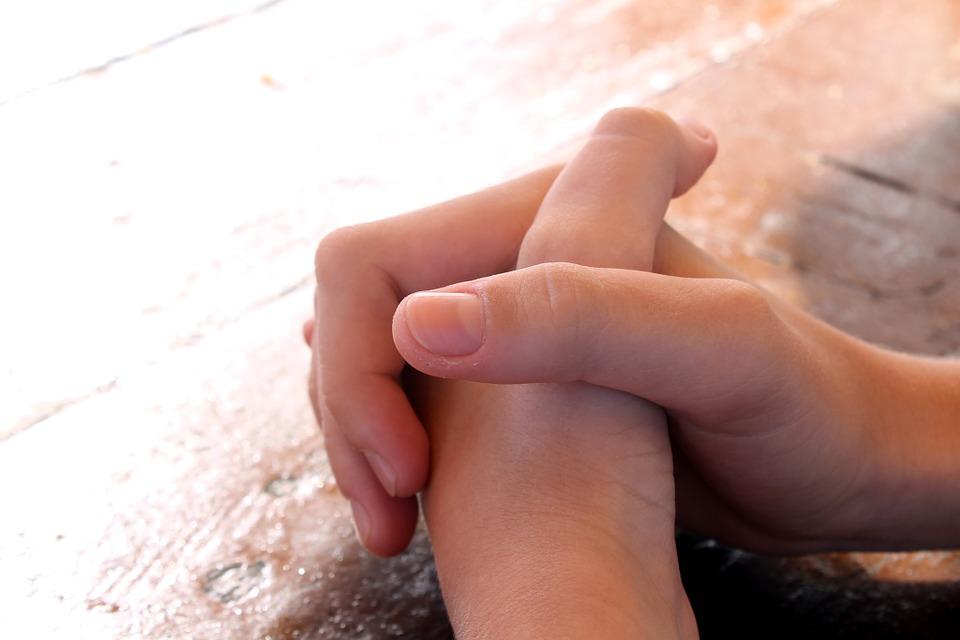The contentious atmosphere around religion pervades all realms of life. While academia was one of the first institutions to lean towards secularism, religion has permeated campuses and other academic institutions. However, given the overwhelming tone of secularism and the defaming of religion as a mechanism of violence or ignorance, many wonder why religion continues to exist in our increasingly educated world.
The negative assumption behind that question is two-fold. First, it asserts that religion and education are incompatible. Second, it assumes that religion is unimportant. The Wellesley News Staff holds that neither of those assumptions are well-founded or valid. Rather, religion deserves an academic and social weight at Wellesley College in order to establish a pluralistic, emotionally intelligent campus. We maintain that it is the right of every individual to decide their relationship with religion, but that we must uphold our principles to educate ourselves about religion. The past transgressions against students of faith on campus – most recently, our Muslim peers – emphasize the need for pluralism and recognition of unconscious biases. As Islamophobia, anti-Semitism and religious hate crimes become more frequent, the Wellesley Community should prioritize education in combating ignorance and recognize the value religion has on campus.
On a global scale, pious people are becoming more religious while there is a growing percentage of individuals who do not have any religious affiliation. However, as global trends suggest an increase in hate crimes and religion-based discrimination, campus communities must challenge this hatred. Student leaders must be quick to raise awareness of the bias behind these attacks. Students should take the initiative to educate themselves by attending solidarity meetings and seeking long-term opportunities to challenge their own conscious or unconscious biases. Faculty and staff must also take initiative and not become comfortable with assumptions or their opinions, since they have a powerful position in deciding what has a place in academic discourse. Spirituality and faith do have a profound place at Wellesley College.
The campus must respond to current events and help deter future incidents. At the core of this, education and solidarity is key. We, as individuals and as a community, should seek to support minority groups. Moreover, we should educate ourselves. In doing so, we should ask questions, without pushing the burden of educating us onto marginalized students. No one person can speak on the behalf of an entire religion; rather, they are beholden to their personal experiences.
A crucial aspect of a pluralistic community is maintaining an open, educated environment. To do so, we cannot wait for hate crimes to show support or learn. There is no point in having diversity if we do not engage it. Every month, our peers celebrate and observe different religious events. Instead of merely enjoying the vibrancy of Holi’s colorful powders, for example, we should also ask ourselves if we are using our experience to learn more about the Hindu holiday. Likewise, when it comes to our personal development, we should also recognize and encourage conversation regarding the role of religion in individual lives and dilemmas. The relationship of LGBTQIA identities and religious affiliations is too often ignored; there are students assuredly at Wellesley from across the spectrum who also practice religion. It’s easy to tolerate and to avoid offending people or emphasizing differences. However, we must go beyond our own comfort zone and engage diversity in all of its forms, including students who do not self-identify as religious. Though the practical engagement of religion seems misplaced in higher education, students who graduate from Wellesley should have skills around spiritual diversity.
Recognizing the presence of religion at Wellesley is important to our efforts to create a pluralistic community. While the public environment turns against many religions, it is crucial that we do not allow our own ignorance or biases to influence our actions. Students, regardless of faith, have a responsibility to educate themselves and seek conversations. Biases and ignorance cannot be wished away; rather, they must be challenged. Wellesley can provide endless educational seminars and campaigns, but at the end of the day, we choose whether or not we participate in them.





